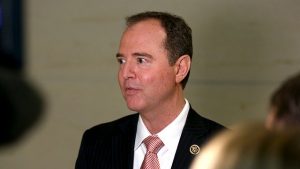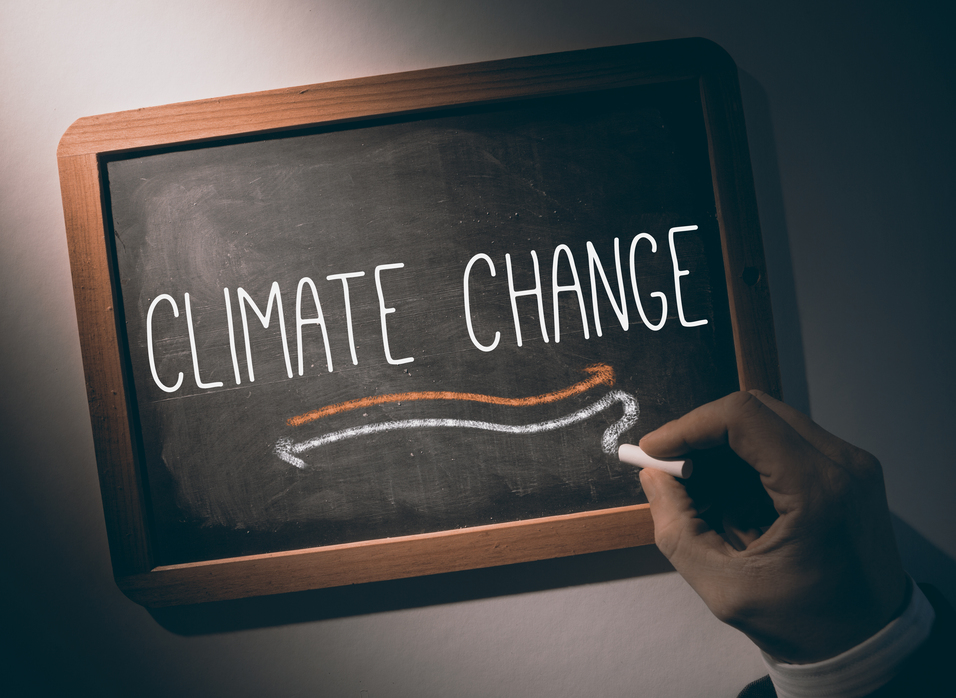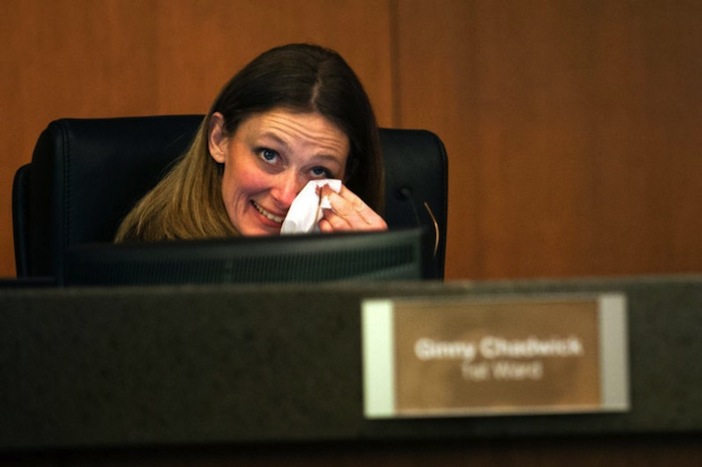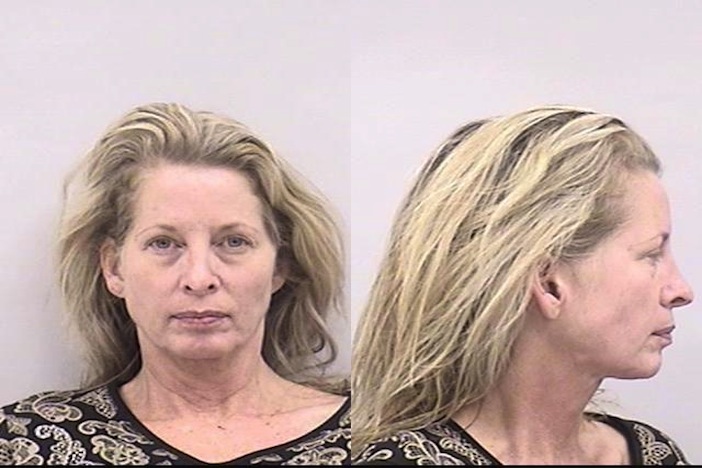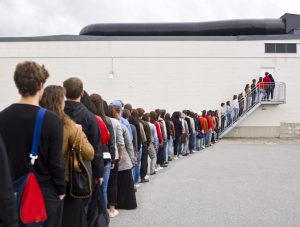Minorities in America (African, Asian, and Hispanic/Latino Americans) are more likely to believe that climate change, and its impacts are threatening our way of life, according to a report by ecoAmerica released this week.
The findings, additional insight from their American Climate Values Survey issued in March of this year, indicate that African, Asian, and Hispanic/Latino Americans are slightly more convinced that climate change is happening (74%, 83%, and 73% respectively vs. 71% of Americans overall), and are ready and willing to be engaged on climate solutions (65%, 80%, and 70% respectively versus 60% of Americans overall).
“If we seek to make climate solutions a national priority, its time we recognize the true meaning of ‘national.'” says Meighen Speiser, ecoAmerica’s Chief Engagement Officer and co-author of the report. “To inspire and empower any American on climate change, we need to understand how they are understanding and relating to the issue and what is getting in the way of their participation in solutions. We conducted this research to deepen our knowledge, and for the benefit of all who are endeavoring to increase engagement of these important diverse communities.”
The report also gives examples for common concepts, values, and methods for engaging African, Asian, and Hispanic/Latino Americans on climate change.
Of course, there is no “one-size-fits-all” approach to climate awareness; across generations and cultural backgrounds, people often turn to different sources (like the government or respected nonprofits) for the information they need to understand the impacts of climate change and the options for climate action.
“For too long, important communities have not been well included in the climate change dialogue or the design of climate solutions.” Says Bob Perkowitz, ecoAmerica Founder and President. “African, Asian, and Hispanic/Latino Americans are currently 37% of the U.S. population (U.S. Census Bureau, 2012). Their voices, ideas, and considerations are required for effective action on climate change. We hope this research will inspire and empower anyone working toward climate solutions to ensure their organizations, audiences, and initiatives engage the full representation of the American people.”




